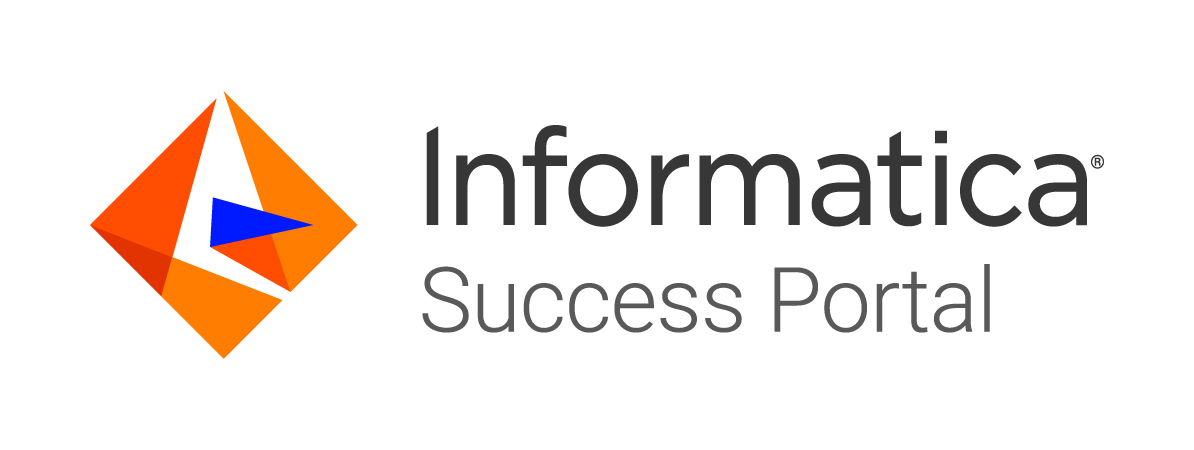APIs that conform to REST principles are known as REST APIs. These APIs allow users to extract, create, modify, or delete information in the system through REST Web Services.
In the context of the Enterprise Data Catalog (EDC), REST APIs are employed to extract information from models and objects as well as to update these models and objects. This functionality enhances the flexibility and efficiency of managing data within the EDC, allowing for seamless integration and interaction with the catalog's resources.
The Enterprise Data Catalog (EDC) provides two categories of APIs: Default and Internal. Users can utilize these APIs to gather information and update various components:
- Default APIs: These are used for accessing and managing catalog object details, product information, business terms, object reviews, object comments, object certification, lineage details, and more.
- Internal APIs: These are used for handling resource configuration, model control, connection assignment control, data control, and other internal functionalities.
- Understanding of APIs.
- Familiarity with data objects within the catalog.
- Authorization to trigger REST APIs.
- Permission to update and retrieve details of data objects.
- Learn how to run re-indexing for a specific scanner using the REST API.
- Understand how to configure and manage notifications.
- Acquire knowledge on assigning roles such as Data Owner, Data Steward, and SME in EDC.
- Master the process of bulk importing and exporting data.
- Gain proficiency in using REST APIs for various operations within EDC.
- Understand the process of certifying and reviewing assets.
- Get an overview of the REST API capabilities within EDC.
- Explore exemplar use cases for practical applications of REST APIs.
- Utilize the EDC REST API starter guide for a comprehensive introduction.
- Learn about the authentication options available for EDC APIs.
- Perform data domain enrichments using EDC APIs.
- Users will gain a comprehensive understanding of how to leverage REST APIs within the Enterprise Data Catalog (EDC).
- They will learn to efficiently run re-indexing for specific scanners, manage notifications, assign roles such as Data Owner, Data Steward, and SME, and perform bulk import/export operations.
- Additionally, users will become proficient in certifying and reviewing assets, exploring practical use cases, and enriching data domains, while understanding authentication options and utilizing the EDC REST API starter guide for an effective introduction.
- Developer
- Administrator
- Data Steward
- Data Owner
Ask An Expert
Feature Clarity
Enterprise Data Catalog
Ask An Expert
Implement
Adoption - Technical
Functional
AAE-EDC-013
Disclaimer
- All the topics covered in the Success Accelerators/Ask An Expert sessions are intended for guidance and advisory only. This is implicit and it will not be called out under the scope of each engagement.
- Customers need to include their relevant technical/business team members highlighted in each engagement topic to derive the best out of each engagement.
- Customers need to perform any hands-on work by themselves leveraging the guidance from these engagements.
- Customers need to work with Informatica Global Customer Support for any product bugs/issues and troubleshooting.
